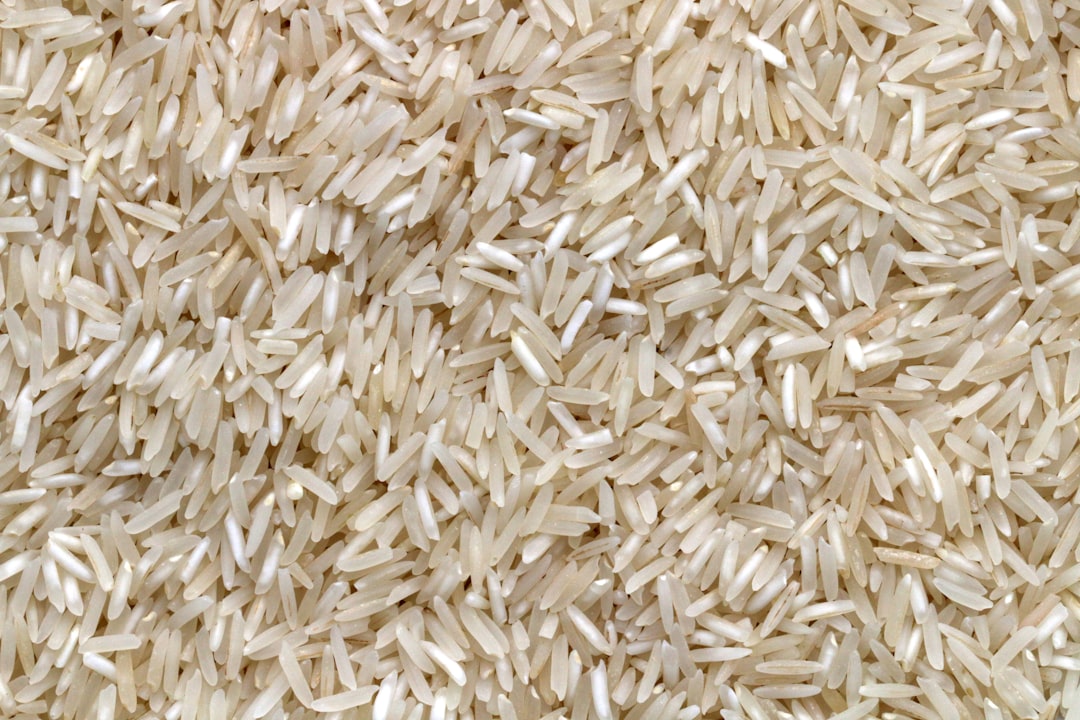India’s recent decision to impose a ban on a significant portion of rice exports has sent shockwaves through the global food market, prompting fears of soaring rice prices worldwide. The move comes amidst a backdrop of multiple challenges, including adverse weather conditions and geopolitical tensions, leading to concerns about potential inflation and increased import costs for buyers in Asia and Africa.
Chookiat Ophaswongse, the president of the Thai Rice Exporters Association, predicts an immediate and sharp increase in rice prices due to India’s ban. With rice being a vital dietary staple for billions of people in Asia and Africa, the higher prices could have significant implications, potentially adding to inflationary pressures and import costs for countries reliant on rice imports.
India’s restriction on rice exports aims to control domestic prices, but concerns are rising about the potential impact of other factors. The El Niño weather pattern and rising temperatures in Europe pose additional challenges to global food supplies, while the Russian attacks on Ukrainian export facilities further exacerbate uncertainties in the market.
The ban on rice exports by India has the potential to create a significant disruption in the global rice market. Vietnam, another major rice exporter, has already quoted higher prices for rice supplies, leading Thailand to contemplate a similar restriction. If Thailand follows suit, this move could push Thai rice prices to the highest level since 2012, further exacerbating the global situation.
While India’s export ban seeks to stabilize domestic prices, the potential repercussions on the international market warrant careful consideration. As rice is a staple for over 3 billion people, any fluctuations in its price can have widespread consequences. Thus, it becomes essential for Thailand to weigh the benefits and risks carefully before making any decisions regarding rice exports.
In conclusion, India’s decision to ban rice exports has set in motion concerns about global rice prices soaring. As Thailand contemplates its own course of action, it must carefully analyze the potential impact on both domestic and international markets. Striking a delicate balance between maintaining food security for its citizens and addressing the needs of the global market becomes crucial for Thailand during these uncertain times.


